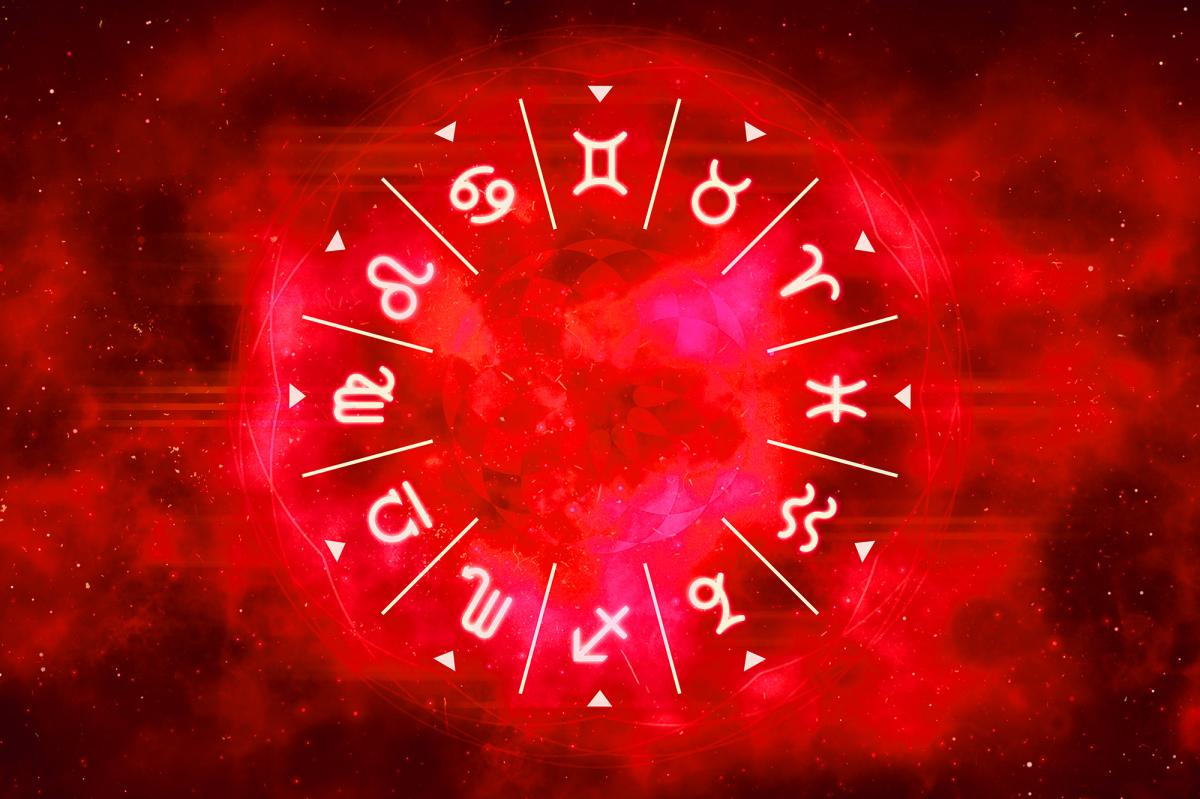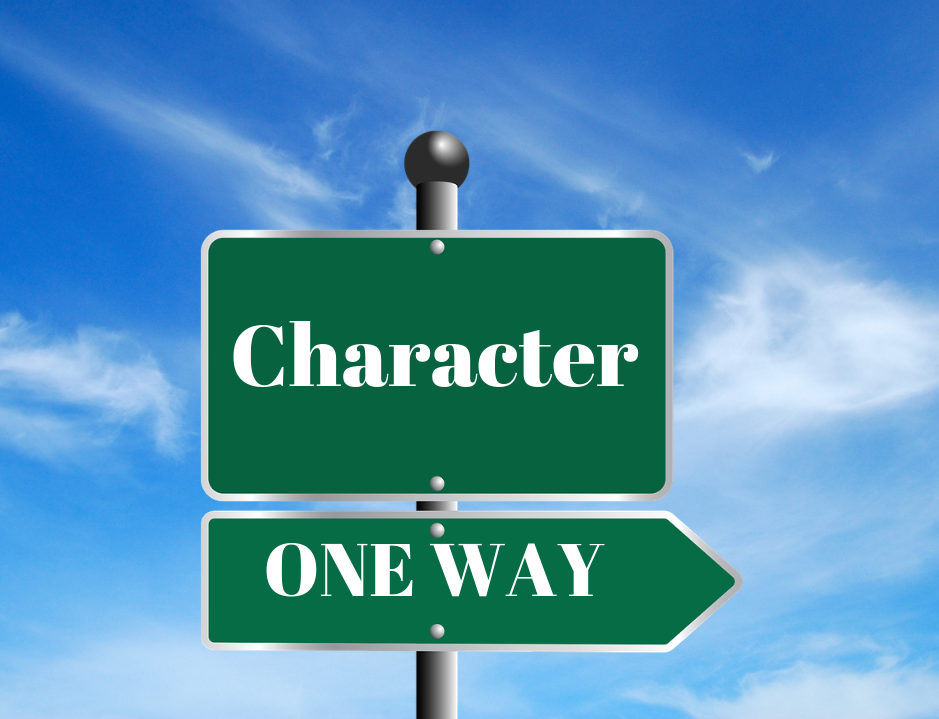It Is Not Your Sign, It Is You: How Astrology Became a Shield for Bad Behaviour

It always starts as harmless banter. Someone shows up late for the fourth time in a week, shrugs dramatically, and says, “You know I’m a Pisces now. Time doesn’t exist to me.”
Another friend picks a fight, raises their voice, storms out, and later texts, “I’m a Scorpio. You know we’re intense.” Before long, entire patterns of behaviour, ghosting, disrespect, emotional negligence, inconsistency, get stacked neatly under zodiac categories like laundry sorted by colour. It is all vibes, no accountability.
Astrology, once a quirky tool for self-reflection and personality insight, has quietly slipped into something more dangerous: a shield people hide behind to avoid taking responsibility for their actions.
We are now in a generation where someone can ruin a friendship and justify it with “Mercury was in retrograde,” or exhibit toxic tendencies and wrap it in “That’s just my Virgo rising.”
But, do you know the uncomfortable truth many don’t want to confront? it is not your sign, it is you.
Over the past decade, astrology has experienced a cultural rebirth. Instagram has daily horoscope pages, TikTok has turned zodiac readings into a global economy, and memes have transformed star signs into social currency.
What used to be a personal, almost private curiosity is now an online personality template. And while astrology can be fun, insightful, and sometimes eerily accurate, its mainstream revival has created a troubling behavioural loophole, one that African values and Christian beliefs have never made room for.

The Rise of Zodiac Excuses
There is a difference between saying, “I’m a Leo, I love the spotlight,” and using zodiac traits to excuse consistent, harmful patterns. The line between identity and irresponsibility has blurred, leaving people eager to outsource blame to “celestial” bodies.
Someone who lacks communication skills is quick to assert, “I’m an Aquarius. We don’t do emotions.”
Someone who manipulates partners would say, “I’m a Gemini. We’re naturally two-sided.”
Someone who explodes at every small inconvenience is quick to announce, “What do you expect? I’m an Aries.”
Astrology is meant to explain tendencies, not justify misconduct. A sign may describe how you naturally respond to the world, but it cannot defend choosing not to grow.
Your birth chart did not ghost your partner. Your sign didn’t make you unreliable. You did.
Culture
Read Between the Lines of African Society
Your Gateway to Africa's Untold Cultural Narratives.
And the moment we turn zodiac signs into spiritual alibis, something foundational is lost which is the willingness to take responsibility for who we are becoming.
Social Media and the Horoscope Industrial Complex
Part of this shift comes from the way astrology is packaged on the internet. It is casual, humourous, and dangerously relatable.
Meme pages tell you the “toxic trait” of your sign. TikTok astrologers release comforting videos that make you feel seen, validated, and justified.
Personality flaws become aesthetic. Red flags become personality quirks. Everything, including unhealthy habits, gets a supposed cosmic explanation.
A generation raised on therapy language and self-awareness clichés has mastered the art of self-diagnosis without self-improvement. And zodiac shorthand is the perfect loophole: it lets people acknowledge their flaws without ever confronting them.
We have built a cultural script where accountability is optional, and astrology provides the vocabulary for dodging responsibility with style.

African Beliefs Say Character Is Yours Alone
The funny thing is, African value systems have never needed astrology to answer questions about personality, discipline, or moral behaviour. Long before horoscope apps and “compatibility charts,” African cultures developed intricate philosophies around character and responsibility.
In Yoruba culture, the concept of ìwà (character) is everything. Someone with good ìwà is respected, trusted, and regarded as whole.
In Igbo culture, agwa represents a person’s behaviour, i.e the true measure of who they are.
Among the Akan people, suban describes moral character, shaped not by destiny but by choices and upbringing.
Across African societies, the consensus is clear. You are responsible for who you become, not your birth month or the stars or a retrograde.
African elders do not excuse disrespect or lack of discipline with cosmic explanations. They call it what it is: lack of home training, bad behaviour, no self-control. The moral compass centres the individual, the community that shaped them, and the values they choose to uphold.
Culture
Read Between the Lines of African Society
Your Gateway to Africa's Untold Cultural Narratives.
So the modern trend of using star signs as defence mechanisms directly contradicts the long-standing cultural principle of character being the true identity which you build it, not inherit it from the heavens.
Christian Beliefs Call for Transformation, Not Excuses
Christianity sharpens this conversation even further. The Christian worldview does not deny personality differences or natural tendencies. Instead, it insists on the universal responsibility to grow beyond them.
Scripture emphasises free will, discipline, and the transformative journey of becoming better. The Holy Spirit is associated with qualities like love, patience, gentleness, self-control not temper tantrums, inconsistency, or dishonesty. The Bible doesn’t say: “The fruits of the Spirit are kindness, faithfulness, and ‘acting up because you’re a Sagittarius.’”
Christian teaching is direct:
You cannot baptise bad behaviour. Not with zodiac traits. Not with personality tests. Not with spiritual jargon.
If you gossip, lie, avoid accountability, mistreat others, lash out in anger, or manipulate relationships, it is not your astrological alignment, it is your lack of maturity and discipline. Christianity frames character as a conscious pursuit, not a cosmic inheritance.
So when young Christians say things like, “Forgive me, I’m a Capricorn with a sharp tongue,” they unknowingly contradict a foundational teaching: behaviour is a reflection of the heart, not the stars.
The Real Conflict: Comfort vs. Growth
At the heart of this entire trend is comfort. Astrology provides a comfortable explanation for our flaws. African and Christian values demand growth. One asks you to understand yourself; the other asks you to improve yourself.
Astrology: “This is who you are.”
African traditions: “This is who you choose to be.”
Christianity: “This is who you are becoming.”
Culture
Read Between the Lines of African Society
Your Gateway to Africa's Untold Cultural Narratives.
And that contrast exposes what the zodiac excuse culture cannot hide forever. At some point, you must take responsibility for your actions.
If you are rude, work on it. If you are inconsistent, improve. If you have communication issues, learn.
If you hurt people, apologise and change. If you struggle with patterns, seek growth, not zodiac justification.
You are not bound to the traits you were born with. You are shaped by the choices you make daily.
The Stars Don’t Control You, They Just Make Good Content
Astrology is fun. It can be insightful and comforting. It offers language for our complexities and a sense of belonging in a confusing world. But when it becomes a shield for irresponsibility, it stops being harmless.
Culture may celebrate zodiac excuses, but both African and Christian frameworks confront them with the same truth.
Your character is your responsibility. Your growth is your work. Your choices are your legacy.
So the next time someone says, “I treated you that way because of my sign,” feel free to answer with the simple, old-fashioned truth:
No, darling. it’s not your sign, It’s you.
Recommended Articles
There are no posts under this category.You may also like...
When Sacred Calendars Align: What a Rare Religious Overlap Can Teach Us

As Lent, Ramadan, and the Lunar calendar converge in February 2026, this short piece explores religious tolerance, commu...
Arsenal Under Fire: Arteta Defiantly Rejects 'Bottlers' Label Amid Title Race Nerves!

Mikel Arteta vehemently denies accusations of Arsenal being "bottlers" following a stumble against Wolves, which handed ...
Sensational Transfer Buzz: Casemiro Linked with Messi or Ronaldo Reunion Post-Man Utd Exit!

The latest transfer window sees major shifts as Manchester United's Casemiro draws interest from Inter Miami and Al Nass...
WBD Deal Heats Up: Netflix Co-CEO Fights for Takeover Amid DOJ Approval Claims!

Netflix co-CEO Ted Sarandos is vigorously advocating for the company's $83 billion acquisition of Warner Bros. Discovery...
KPop Demon Hunters' Stars and Songwriters Celebrate Lunar New Year Success!

Brooks Brothers and Gold House celebrated Lunar New Year with a celebrity-filled dinner in Beverly Hills, featuring rema...
Life-Saving Breakthrough: New US-Backed HIV Injection to Reach Thousands in Zimbabwe

The United States is backing a new twice-yearly HIV prevention injection, lenacapavir (LEN), for 271,000 people in Zimba...
OpenAI's Moral Crossroads: Nearly Tipped Off Police About School Shooter Threat Months Ago
ChatGPT-maker OpenAI disclosed it had identified Jesse Van Rootselaar's account for violent activities last year, prior ...
MTN Nigeria's Market Soars: Stock Hits Record High Post $6.2B Deal

MTN Nigeria's shares surged to a record high following MTN Group's $6.2 billion acquisition of IHS Towers. This strategi...
